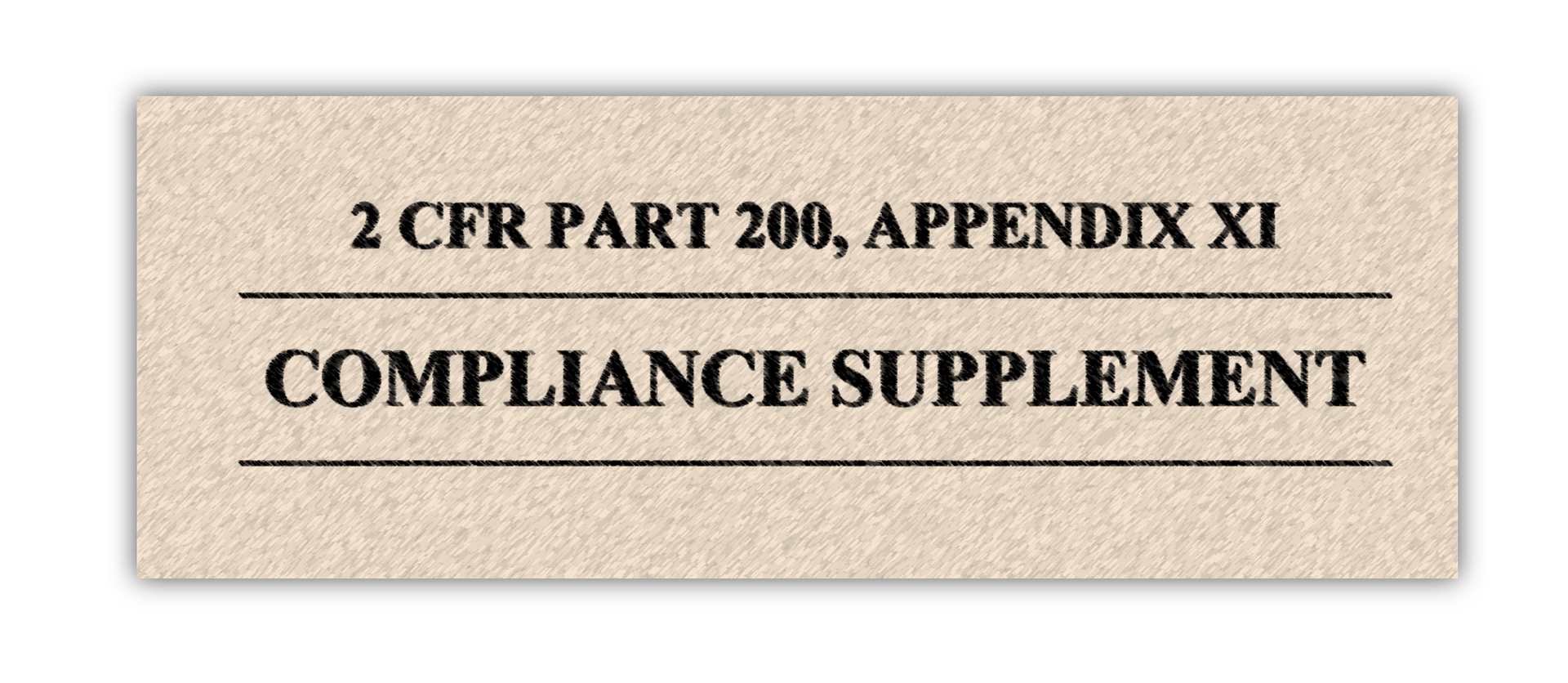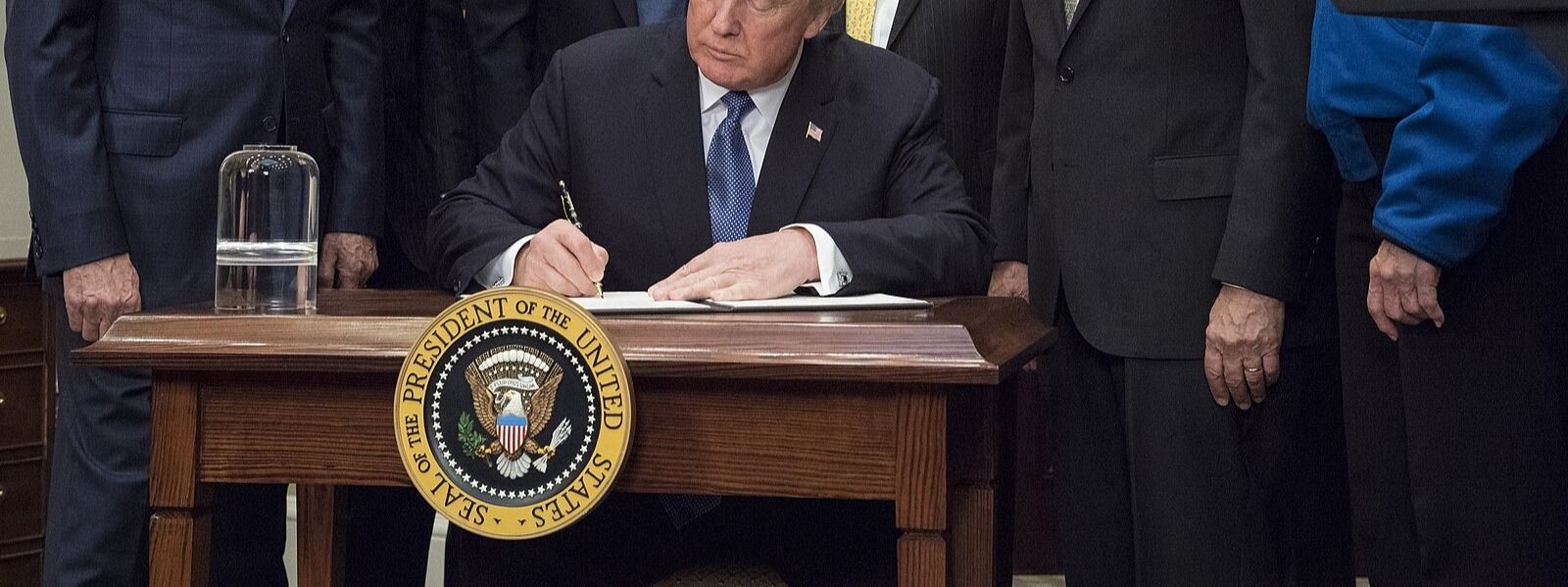Don’t Let FAR 52.216-7 Trip You Up: How to Use the DCAA ICP Adequacy Checklist to Your Advantage
It’s ICP Season—Are You Ready?
Each year, millions of government contractors and federal grantees are required to submit an Incurred Cost Proposal (ICP) under FAR 52.216-7(d). For most calendar-year contractors, this means a hard deadline of June 30 to file their submission with the federal government.
What’s at stake? Late or inadequate proposals can lead to payment delays, audits, or even disallowed costs. That’s why understanding and properly using the DCAA’s Adequacy Checklist is not just recommended—it’s essential.
What Is the DCAA Incurred Cost Proposal Adequacy Checklist?
The checklist—currently published in Version 3.4—is the tool used by the Defense Contract Audit Agency (DCAA) to determine if your ICS (Incurred Cost Submission) meets all of the minimum requirements to be accepted for audit.
It evaluates your submission across 47 criteria to ensure it is:
- Complete with all required schedules
- Mathematically accurate with proper tie-outs
- Aligned with FAR 52.216-7, agency billing clauses, and relevant DCAA guidance
If your submission fails to meet adequacy, it may be returned—delaying reimbursement and cost recovery.
How Contractors Can Use the Checklist to Their Advantage
Here are several key ways contractors can use the checklist not just for compliance, but as a tool for improved oversight and cost control.
Conduct a Pre-Audit Review
Before submission, perform a line-by-line assessment using the checklist. Pay close attention to tie-outs between key schedules like A, H, and K. Even one inconsistency could flag your entire proposal.
Watch for the Blended Compensation Cap Trap
If you are applying blended compensation caps under FAR 31.205-6(p), you must have an executed advance agreement with your Administrative Contracting Officer (ACO). Without it, DCAA will reject your submission—even if it is otherwise complete.
Clarify and Defend Indirect Cost Allocations
The checklist requires detailed support for how you calculate and allocate indirect rates across cost centers. Schedules B through E must align with your general ledger and explain every allocation base, pool, and adjustment.
Close Out Contracts and Recover Working Capital
Schedules I and O can be powerful tools to help you identify and close out physically complete contracts. Proper closeouts reduce your audit backlog and allow you to recover unused funding.
Common Trouble Spots We Help Clients Fix
- Mismatched totals between general ledger and ICS schedules
- Missing explanations for adjustments or exclusions
- Indirect cost pools not aligning with fringe, G&A, or occupancy allocations
- Lack of labor cost reconciliation to IRS Form 941
- Missing signatures on the Certificate of Final Indirect Costs
- General misunderstanding of what needs to be reported
How Award Advisors Supports Your ICS
At Award Advisors, we specialize in helping federal contractors and grant recipients navigate the technical and compliance-heavy world of incurred cost reporting. Our services include:
- Turnkey ICS preparation tailored to your business
- Compliance checks using the DCAA Adequacy Checklist
- Help securing required advance agreements for blended caps
- Audit support and liaison services with DCAA and ACOs
- Strategic guidance on indirect rate structuring for future cost recovery
We’ve helped dozens of organizations streamline their Indirect Cost Proposals and maintain their ability to claim allowable costs without disruption.
Get Expert Help Before the Deadline
The DCAA isn’t forgiving when it comes to late or inadequate proposals. If your organization is required to submit an ICS under FAR 52.216-7, now is the time to act.
Let us help you prepare a complete, audit-ready submission that protects your funding, satisfies government reviewers, and positions you for long-term success.
Contact Award Advisors today to book a complimentary review of your draft submission or schedule an engagement for full ICS support.



